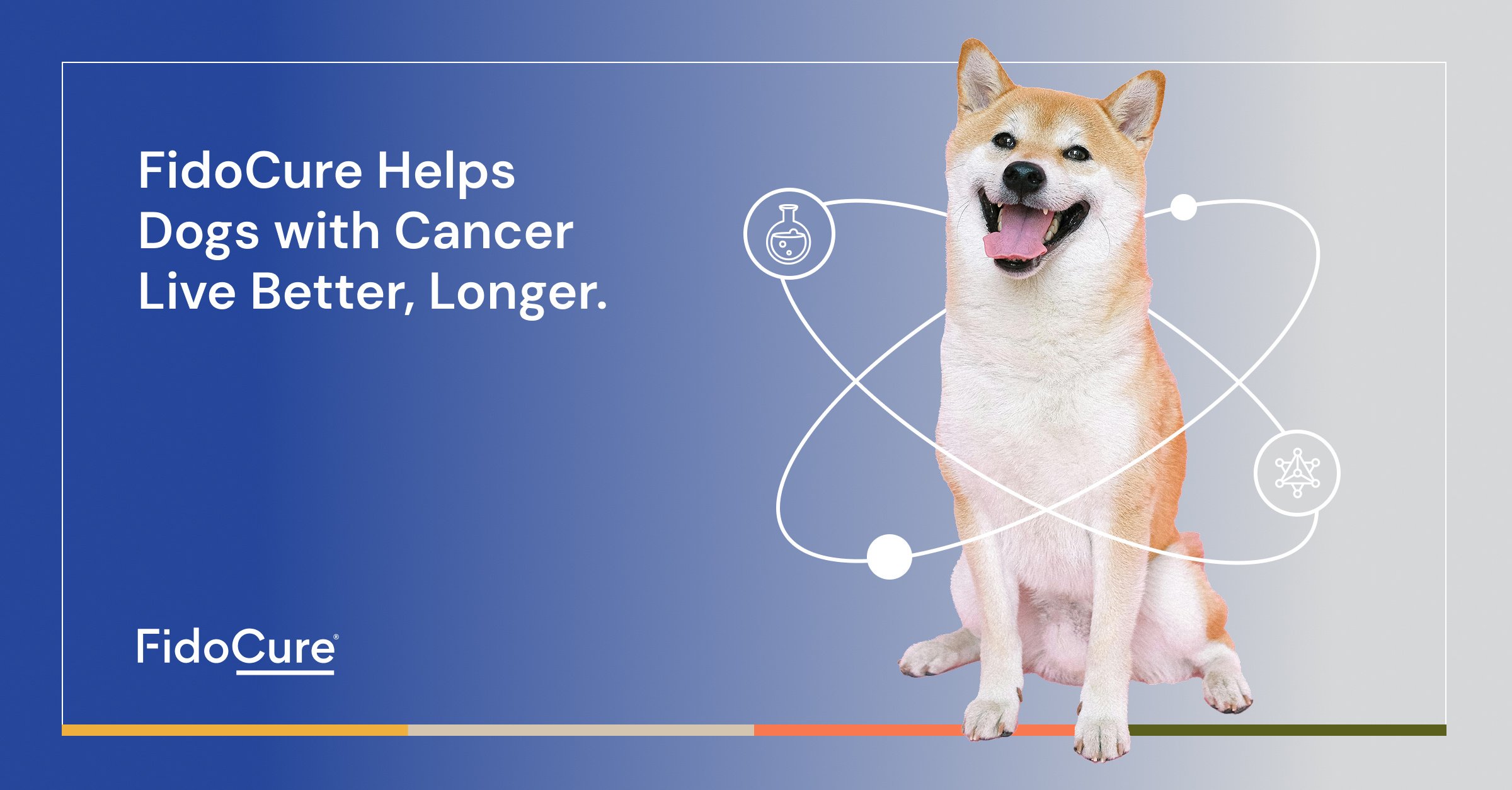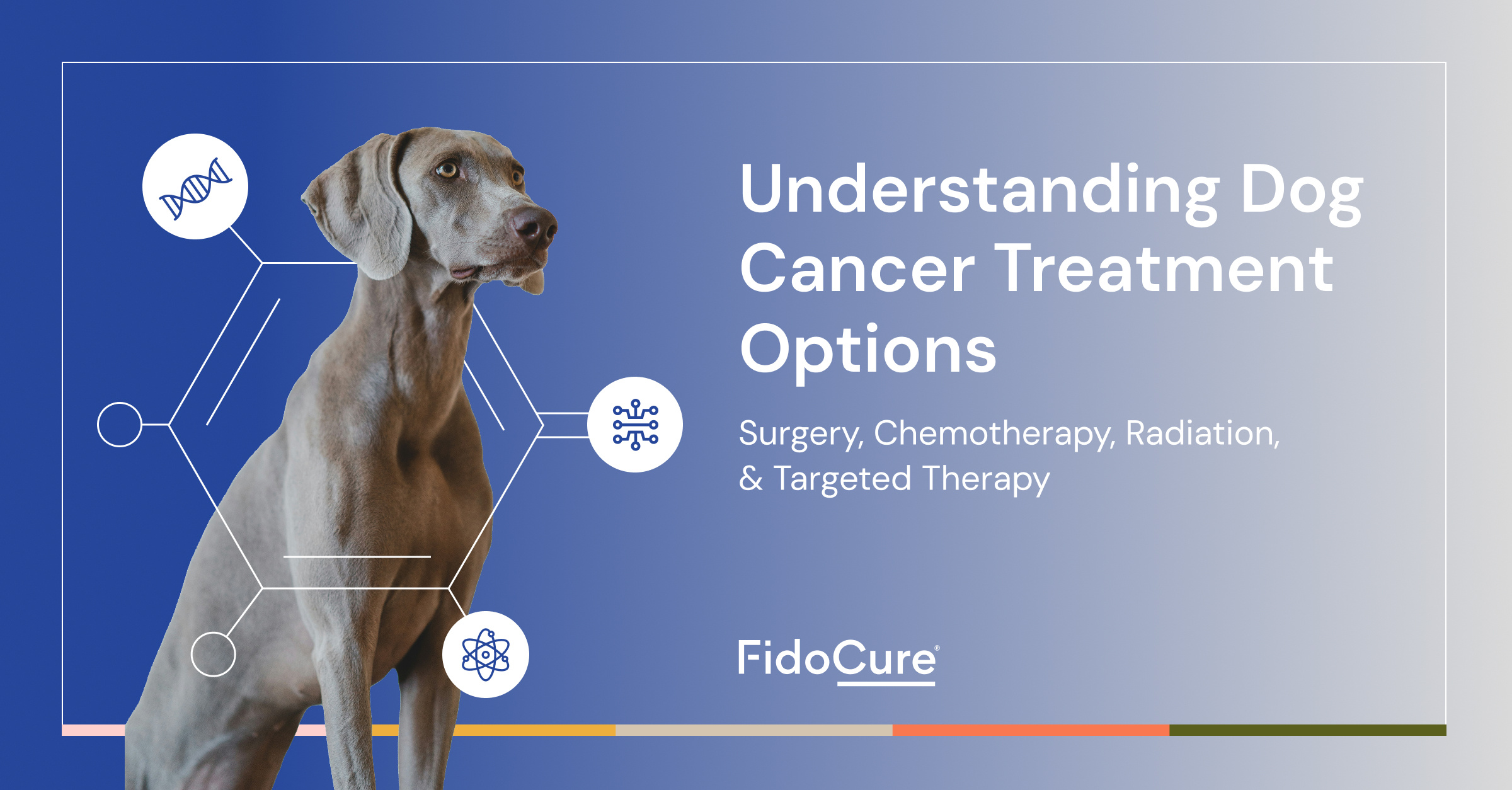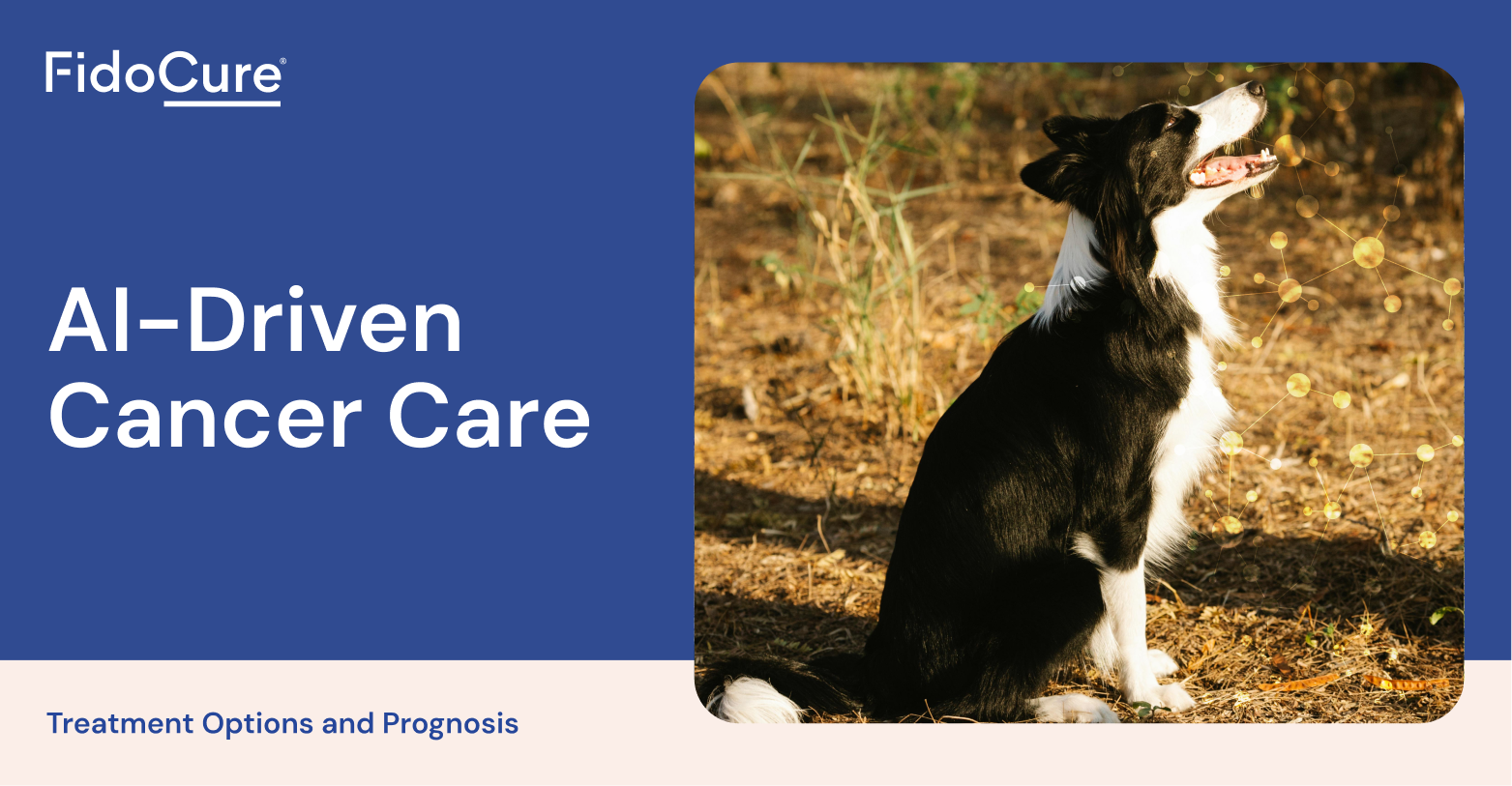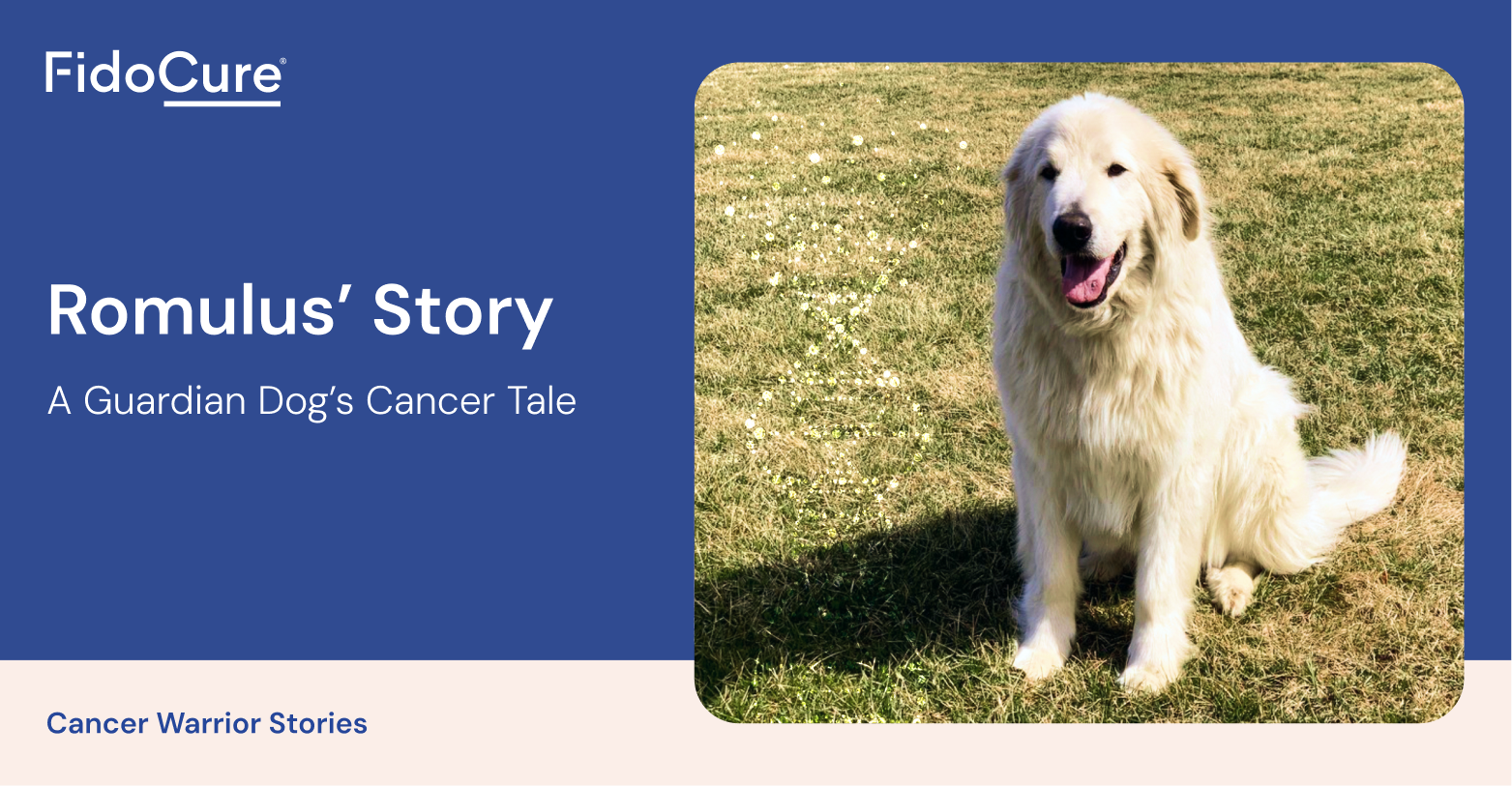How FidoCure Research is Rewriting the Rules for Dogs with Hemangiosarcoma
Pet parents who hear the devastating diagnosis of hemangiosarcoma (HSA) in their beloved dogs face a grim timeline and limited options. Known as one of the deadliest canine cancers, HSA makes veterinarians' hearts sink when they discover it during examination.

.jpg)


.png)



.png)
.png)
